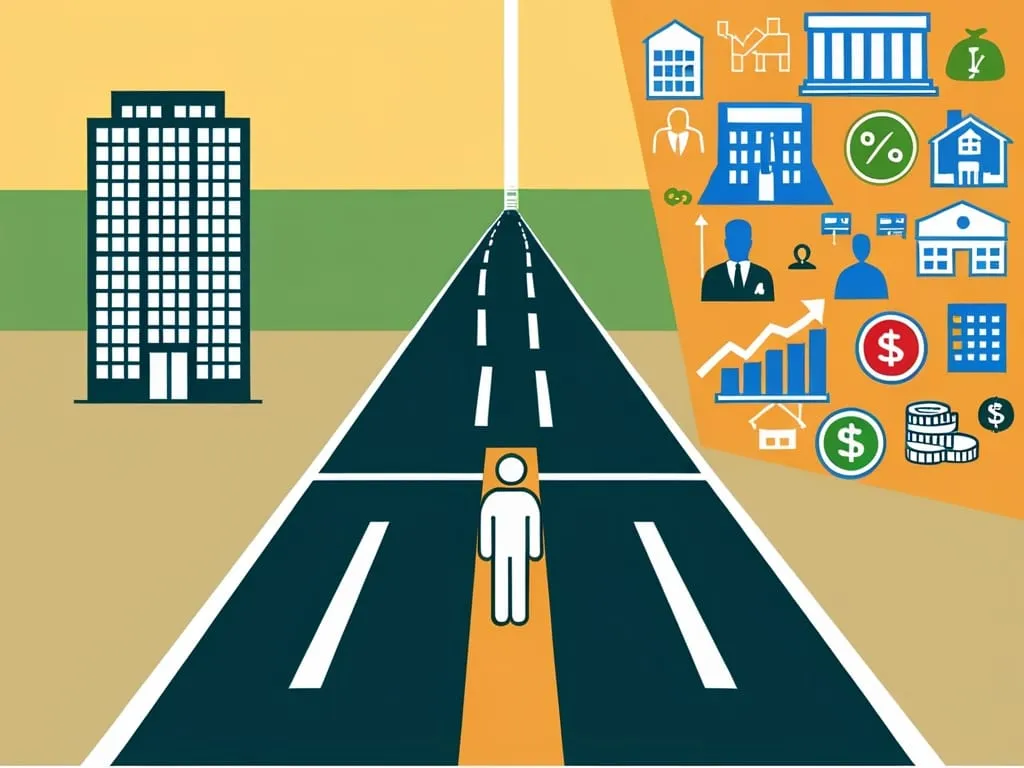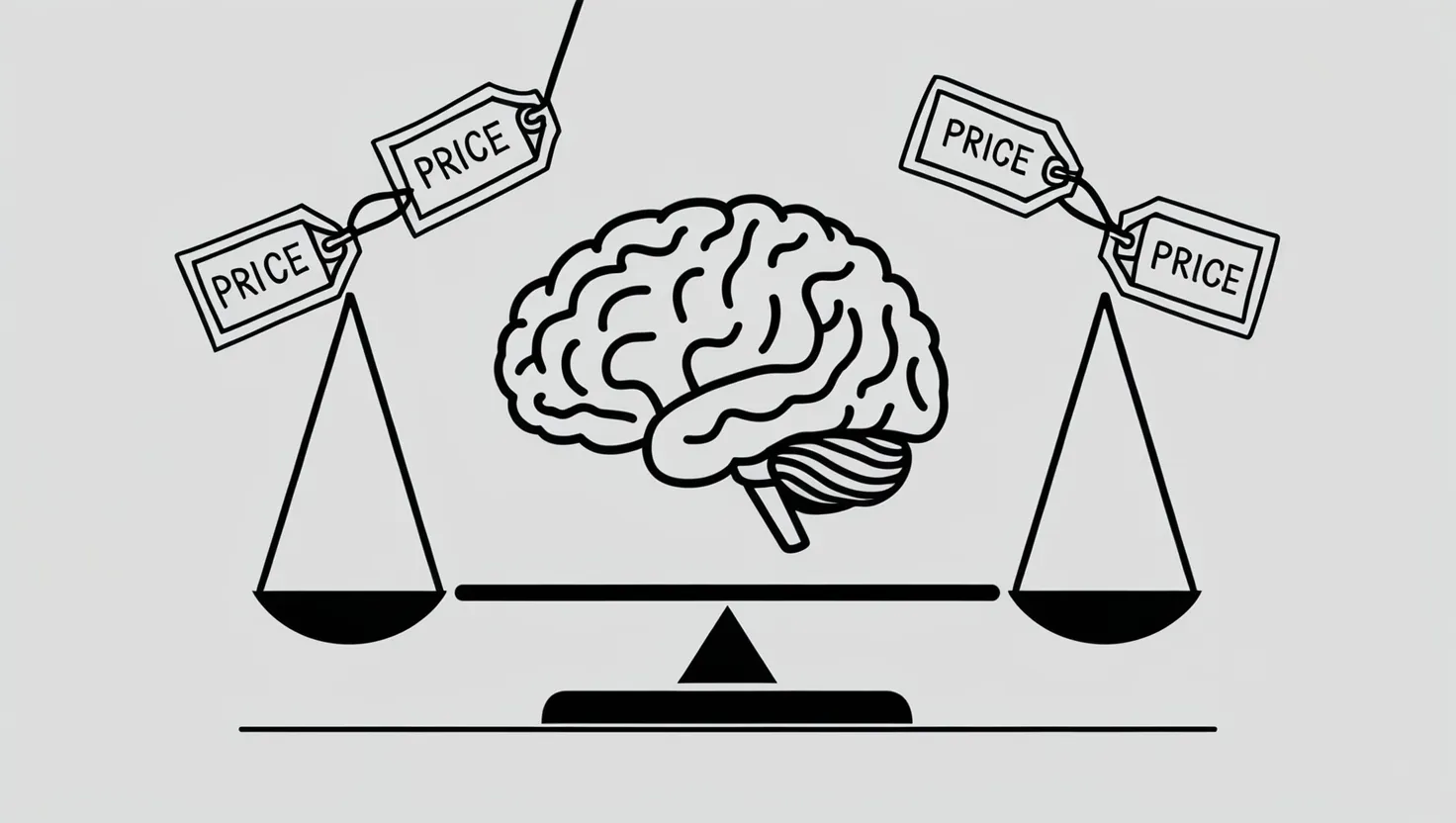Imagine growing up with two fathers, each offering vastly different advice on how to manage money and build wealth. One father, a traditional and educated man, emphasizes the importance of a stable job, savings, and living within your means. The other, a self-made entrepreneur, advocates for financial independence through smart investments, risk-taking, and continuous learning. This dichotomy is the core of Robert Kiyosaki's seminal work, which has inspired millions to rethink their financial strategies.
The Two Dads: A Tale of Contrasting Mindsets
My journey into the world of finance began with these two distinct mentors. My biological father, the "poor dad," was a highly educated man who held a prestigious job in education. He believed in the traditional path: get a good education, secure a stable job, and save money for the future. He lived by the mantra of hard work and frugality, often sacrificing personal desires for the sake of financial security. Despite his efforts, he struggled financially throughout his life, never quite achieving the financial freedom he desired.
On the other hand, my "rich dad" was the father of my best friend. He was a high school dropout but a shrewd businessman who built a financial empire through his entrepreneurial ventures. He saw money as a tool, not an end goal. Rich dad believed in acquiring assets that generated income, such as real estate and businesses, rather than just earning a salary. His approach was unconventional but highly effective, and it opened my eyes to a new way of thinking about money.
The Power of Financial Education
One of the most significant lessons I learned from rich dad was the importance of financial education. He didn't just teach me about money; he taught me how to think about money. Financial literacy is not just about understanding numbers; it's about understanding the principles that govern wealth creation. Rich dad emphasized that if you want to be rich, you need to be financially literate. This means knowing the difference between assets and liabilities, understanding tax laws, and being able to make informed investment decisions.
For instance, rich dad would often explain that the poor and middle class view their jobs as their primary source of income. They see their salaries as the means to pay for their expenses such as food, shelter, and transportation. In contrast, the rich focus on building an asset column that generates passive income. This could be through real estate investments, stocks, or businesses. The key is to have money work for you, not the other way around.
Mindset Shift: From Employee to Investor
The traditional mindset, as exemplified by my poor dad, is to work hard, save money, and invest in a pension or retirement fund. However, this approach often leads to a life of financial dependence on a single income source. Rich dad's philosophy was different. He encouraged me to think like an investor rather than an employee. This means focusing on acquiring income-producing assets and continuously educating myself on financial matters.
A pivotal lesson was the concept of "minding your own business." This doesn't mean quitting your day job immediately; it means building a personal investment portfolio alongside your regular income. It's about creating a financial safety net that can support you even if you lose your job. For example, investing in real estate or starting a side business can provide additional income streams that are not dependent on your salary.
Overcoming Mental Blocks
One of the biggest barriers to financial freedom is our own mindset. Many of us are taught from a young age to fear risk and to prioritize security above all else. However, this mindset can be limiting. Rich dad taught me that it's essential to challenge these beliefs and to be open to new opportunities. He encouraged me to take calculated risks and to view failures as learning experiences rather than setbacks.
For instance, when I first started investing in real estate, I was nervous about the potential risks. But rich dad's advice was to focus on the learning process rather than the fear of failure. He said, "Work to learn, don't work for money." This mindset shift has been instrumental in my financial journey, allowing me to take on challenges that I might have otherwise avoided.
Practical Advice for Financial Freedom
Rich dad's teachings were not just theoretical; they were practical and actionable. He provided me with strategies that I could implement in my daily life. One of the most valuable pieces of advice was to differentiate between assets and liabilities. Assets are things that generate income, such as rental properties or dividend-paying stocks. Liabilities, on the other hand, are things that drain your resources, such as high-interest debt or unnecessary expenses.
For example, many people view their home as their biggest investment. However, rich dad would argue that this is a misconception. A home is a liability because it does not generate income; it only incurs expenses like mortgage payments, property taxes, and maintenance costs. In contrast, investing in rental properties or businesses can provide a steady stream of income.
The Importance of Emergency and Financial Freedom Accounts
Another practical tip was to maintain two types of savings accounts: an emergency savings account and a financial freedom account. The emergency savings account is for unexpected expenses, such as medical bills or car repairs. The financial freedom account, however, is for investing in assets that can generate wealth. Rich dad emphasized that savings should not just be for security but also for creating more money.
For instance, each month, I allocate a portion of my income to my financial freedom account. This money is then used to invest in stocks, real estate, or other income-generating assets. Over time, these investments have grown significantly, providing me with a passive income stream that supports my financial independence.
Challenging Societal Norms
"Rich Dad Poor Dad" is more than just a book about personal finance; it's a challenge to societal norms. It questions the traditional path of education and employment that many of us are taught to follow. Rich dad's philosophy encourages entrepreneurship and independent thinking. He promotes the idea of taking control of your financial destiny rather than relying on a single job or government benefits.
This mindset is not just about personal finance; it's about personal freedom. When you have the financial means to support yourself, you have the freedom to pursue your passions and live life on your terms. For example, I know someone who quit their corporate job to start a small business. It was a risky move, but it allowed them to pursue their dream and achieve a level of fulfillment they never thought possible.
Inspiring and Motivational
One of the most compelling aspects of rich dad's teachings is their inspirational and motivational nature. He didn't just provide advice; he inspired me to take action. His passion for financial education is contagious, and it motivated me to take control of my financial future.
Rich dad's stories and anecdotes made complex financial concepts easy to understand and relatable. He used real-life examples to illustrate his points, making the book accessible to readers from all walks of life. Whether you're a young adult just starting out or someone looking to improve their financial situation, his lessons are practical and applicable.
Real-Life Applications
The principles taught by rich dad are not just theoretical; they are applicable to everyday life. For instance, understanding the cash flow quadrant can help you categorize your financial situation and make informed decisions. The cash flow quadrant categorizes individuals as employees, self-employed, business owners, or investors, each with its own set of advantages and disadvantages.
Knowing which quadrant you are in can help you identify areas for improvement and make strategic decisions about your financial future. For example, if you're an employee, you might consider starting a side business or investing in real estate to move into the business owner or investor quadrant.
Conclusion
The journey through the contrasting financial mindsets of my two dads has been transformative. It has taught me the importance of financial education, the power of assets over liabilities, and the need to challenge conventional wisdom. Rich dad's teachings have inspired me to take control of my financial destiny and to view money as a tool for achieving freedom rather than just a means of survival.
If you're looking to break free from the cycle of living paycheck to paycheck and create a solid financial foundation, then adopting the rich dad mentality could be the key. It's not just about making money; it's about achieving financial independence and living life on your terms. So, take the first step today – start learning, start investing, and start building the financial future you deserve.






